[Overview] The environment surrounding science, technology, and innovation policy is undergoing significant changes and uncertainties due to the so-called “Grand Challenges”, represented by climate change, increasing geopolitical tensions, and rapid advancements in science and technology. In such an environment, the importance of “anticipatory governance,” which enables future-oriented responses and actions, has been called for.
The need for “strategic intelligence”, which forms the basis for all policies and responses, is not new, but recent changes in the environment have made it even more important than before, and there are discussions as to how to embed strategic intelligence in practice and in policy, in various countries, including the OECD.
This seminar invites Michael Keenan, Senior Analyst in the Directorate for Science, Technology and Innovation at the OECD, to introduce his work on S&T policy 2025 and the latest developments in science and technology policy at the OECD. This will be followed by the round table discussion, in which Japanese experts and policy/practitioners comment their own thoughts. The seminar will mark a first step to gain hints for better science and technology innovation policy, institutional design, and ecosystem development in Japan, as well as to provide some ideas for the 7th Science and Technology Basic Plan that will be launched in FY2026.
Date: Friday, January 24, 2025, 9:30- 12:00
Venue: Seminar room, 3rd floor, Ito International Research Center, Hongo Campus, The University of Tokyo
Format: Hybrid format (on-site and online)
Language: English/Japanese (Simultaneous interpretation available)
Organized by: Science, Technology and Innovation Governance (STIG) Program, The University of Tokyo
Co-organized by: Institute for Future Initiatives (IFI), The University of Tokyo
[Program]
Opening remarks
Hideaki Shiroyama, Professor, Graduate School of Public Policy/IFI, The University of Tokyo
Purpose of the Seminar
Makiko Matsuo, Project Associate Professor, Graduate School of Public Policy/IFI, The University of
Tokyo)
Keynote Speech
“Anticipatory Governance of Emerging Technologies: The OECD Framework and its Implementation”
Keynote Speaker: Alessandra Colecchia, Head of the Science and Technology Policy Division of the
OECD Directorate for Science, Technology and Innovation
Topics from Japan side:
“Japan’s Science and Technology Policy, the Next Science and Technology Basic Plan”
Takeshi Nagasawa, Director for Integrated Strategy, Secretariat of Science, Technology and Innovation
Policy, Cabinet Office, Government of Japan
“Innovation Outlook of NEDO Technology Strategy Center”
Kenji Ueki, Director General, Technology Strategy Center (TSC), New Energy and Industrial Technology
Development Organization (NEDO)
“Activities of JST CRDS”
Koji Saeki, Deputy Director-General, Center for Research and Development Strategy, Japan Science
and Technology Agency
“OECD Agenda for Transformative Science, Technology and Innovation Policies: Considerations for
implementation”
Mitsunobu R. Kano, Okayama University, Transformative Agenda for STI Policy adviser, CSTP, OECD
Panel Discussion
Panelists: Speakers above, Masakazu Sugiyama (Professor, Research Center for Advanced Science and Technology, The University of Tokyo), Hideaki Shiroyama (The University of Tokyo)
Moderator: Makiko Matsuo (The University of Tokyo)
Speakers’ information:
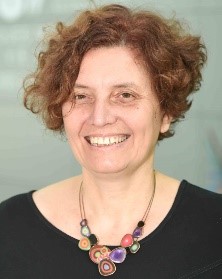 |
Alessandra Colecchia, Head of the Science and Technology Policy Division of the OECD Directorate for Science, Technology and Innovation Alessandra Colecchia is Head of the Science and Technology Policy Division of the OECD Directorate for Science, Technology and Innovation. She oversees the work on science, technology and innovation policy, including work on anticipatory governance of emerging and converging technologies, the Global Science Forum, the Space and Ocean programmes, as well as measurement standards and empirical analysis in the S&T area and the STI Outlook. She is currently leading on a new “S&T Policy 2025” initiative to deliver practical guidance to reorient STI systems towards addressing global challenges, building on lessons from the successful COVID-19 response. |
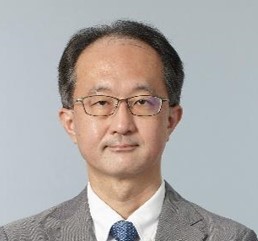 |
Takeshi Nagasawa, Director for Integrated Strategy, Secretariat of Science, Technology and Innovation Policy, Cabinet Office, Government of Japan Education: Bachelor of Engineering in Earth System Engineering, University of Tokyo Master of International Relations, University of California, San Diego Career: Joined the Ministry of International Trade and Industry (now Ministry of Economy, Trade and Industry) in 1996. Engaged in industrial technology policy, energy, and environmental policy. Seconded to UNIDO Headquarters in Vienna from 2016 to 2019. Held various positions at METI upon returning to Japan, including: Director, International Nuclear Cooperation Office Director, Life-style Industries Division Director, Regional Economic and Industrial Policy División. Since July 2023, serving as Director for Integrated Strategy, Secretariat of Science, Technology and Innovation Policy at the Cabinet Office, responsible for the STI Basic Plan and promotion of Convergence Knowledge. |
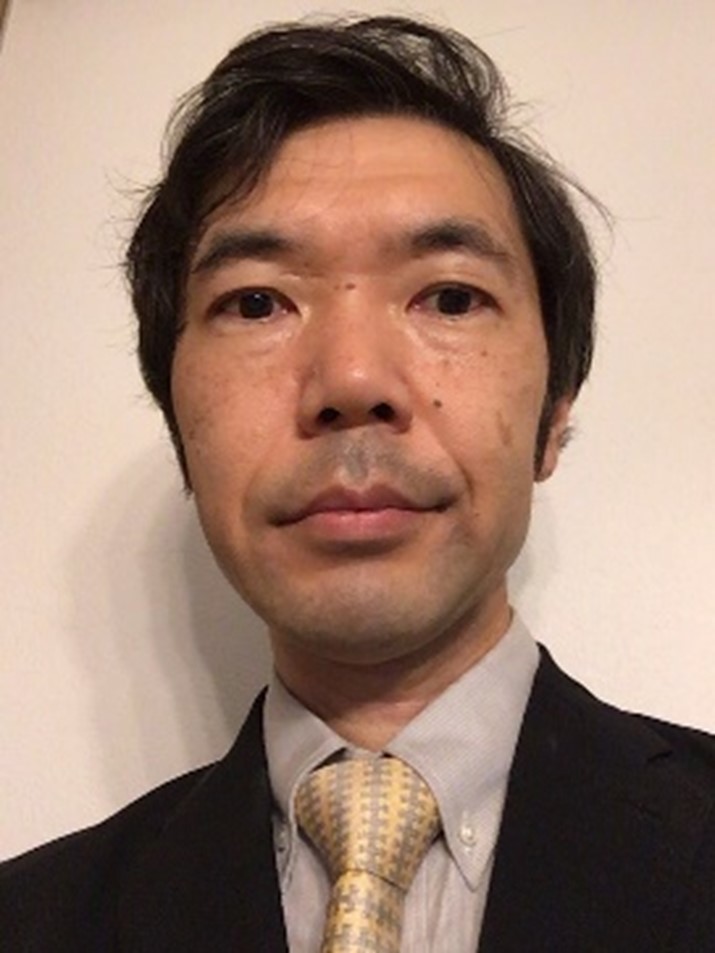 |
Kenji Ueki, Director General, Technology Strategy Center (TSC), New Energy and Industrial Technology Development Organization (NEDO) Kenji Ueki joined Ministry of Economy, Trade and Industry (METI) in 1999 and has worked for various policy domains such as technological innovation, regulatory reform and regional development in METI or other departments of the government of Japan. In July 2023, he is appointed as Director General, Technology and Innovation Strategy Center (Technology Strategy Center before July 2024), NEDO. He is developing policies and project to realize transformative innovation. He holds the Master’s degree in Mechanical Engineering from the Tokyo Institute of Technology. |
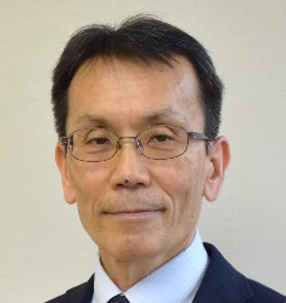 |
Koji Saeki, Deputy Director-General, Center for Research and Development Strategy, Japan Science and Technology Agency SAEKI Koji has been Deputy Director-General of Center for Research and Development Strategy (CRDS), Japan Science and Technology Agency (JST), since April 2024. Saeki graduated from Univ. of Tokyo (Faculty of Engineering) and joined current Ministry of Education, Culture, Sports, Science & Technology (MEXT) in 1985 and left it in 2023. His assignment under MEXT included Director-General of National Institute of Science and Technology Policy (NISTEP), Senior Vice President of JST, Director-General of Research and Development Bureau, and Deputy Director-General of Space Policy Secretariat (Cabinet Office). He also worked as a professor at National Graduate Institute for Policy Studies. |
 |
Mitsunobu R. Kano, MD/PhD, Professor, Okayama University and Transformative Agenda for STI Policy advisor at OECD (CSTP) While Dr. Kano is eminent in interdisciplinary research for intractable diseases based on his clinical experiences, he contributes to bridging science and society. He founded the Japanese Young Academy and was the executive committee member of the GYA. He now serves on various governmental science and technology councils in Japan, including experience in science diplomacy and the advisor to the OECD Transformative Agenda. Dr. Kano is the Vice President in charge of human development and Vice Executive Director promoting achieving the SDGs in his university and sits on the board of two private foundations that promote young talents and well-being. |
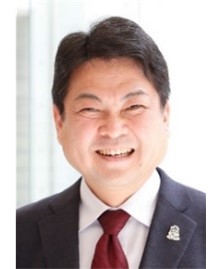 |
Masakazu Sugiyama, Professor, Research Center for Advanced Science and Technology, The University of Tokyo) Masakazu Sugiyama is the director and a professor at Research Center for Advanced Science and Technology (RCAST), The University of Tokyo. He received the B.E., M.S., and Ph.D. degrees in Chemical Systems Engineering, all from the University of Tokyo, Japan, in 1995, 1997, and 2000, respectively. In 2000, he became a Research Associate at the Department of Chemical System Engineering, the University of Tokyo. In 2002, he joined the Department of Electronic Engineering as a Lecturer. He became an Associate Professor in 2005. In 2016, he was promoted to a full professor and then moved to RCAST in 2017. He has been appointed as the director of RCAST from 2022. His research covers high-efficiency photovoltaic, hydrogen energy systems, and CO2 utilization based on electrochemistry. He also discusses the energy transition scenario for carbon neutrality. |
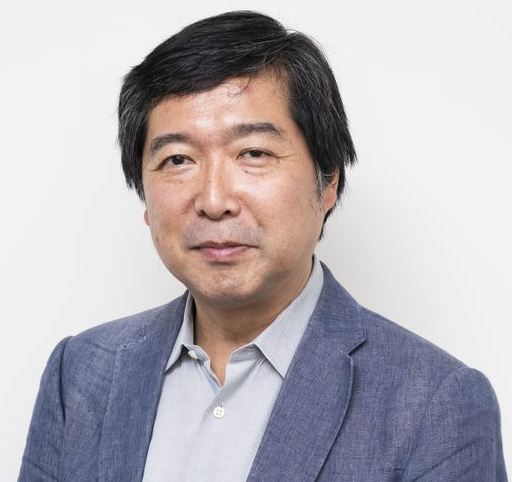 |
Hideaki Shiroyama, Professor, Graduate School of Public Policy/IFI , The University of Tokyo Graduated from the University of Tokyo, Faculty of Law, and after working as an assistant professor, a lecturer and an associate professor at the Graduate Schools for Law and Politics of the University of Tokyo, he is a professor at the University of Tokyo Graduate Schools for Law and Politics (concurrently a professor at the School of Public Policy). He specializes in public administration, international public administration, and science, technology and public policy. His major publications include “Structure of International Public Administration,” “Policy Formation Process of Central Ministries,” “Reconstruction of Law III: Development of Science and Technology and Law,” “International Aid Administration,” “Science and Technology Governance,” and “Transformation of Political Space and Policy Innovation (1) Theory of Policy Innovation.” |
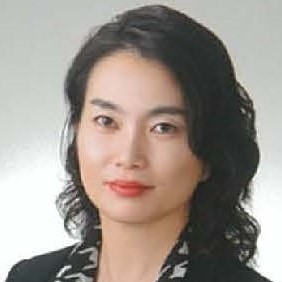 |
Makiko Matsuo, Project Associate Professor, Graduate School of Public Policy/IFI, The University of Tokyo Makiko Matsuo is currently serving as Project Associate Professor at the Graduate School of Public Policy, the University of Tokyo, where she engages in teaching and research on topics within Science, Technology, and Innovation Governance. She is also an affiliated faculty of the Institute for Future Initiatives, the University of Tokyo. She received her Master of International Studies from the Graduate School of Frontier Sciences, the University of Tokyo, in 2005, and her Doctor of Philosophy in March 2016. Her areas of concern are interdisciplinary in nature and covers such analysis framework/approach as ELSI (Ethical, Legal, Social Implication/Issue), technology assessment, science technology policy studies, governance research (technology governance, global health governance), risk research (risk governance, risk regulation, international harmonization). Applied fields of study are new biotechnology (genome editing and synthetic biology), food safety and global health. For more details: https://researchmap.jp/makiko_matsuo |